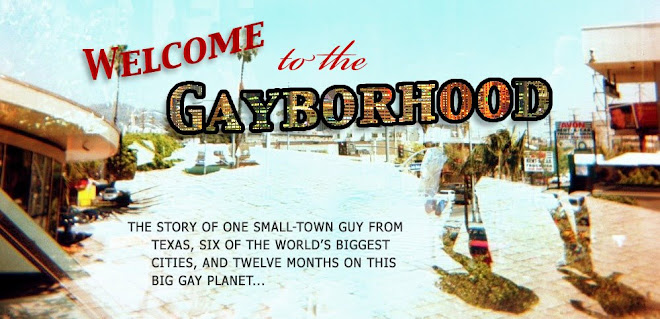So, the pedestrian crosswalk light outside my goshiwon takes approximately a million years to change green. There are no cars on this street mind you, oh no, yet every time I approach it, there they are: a gaggle of polite ped-Xers standing patiently just daring me to be so rude as to jaywalk.
My American side is usually tempted to just so, (my Chilean side is already two blocks down getting an ice-cream) but now, toward the end of my stay in Korea, waiting doesn't seem so bad.
When I first got to Korea, reading about the culture, giving Confucianist ideas a chance, the phrases "subjugation of personal desire" and "acquiescing to the collective" sounded a little, what's the word?... sucky. But at the same time, I've never lived somewhere so safe before, I've never seen the kind of idyllic scenes of families having picnics and playing croquet at the park as I have in Seoul, I've never been in a place where it was so easy to fall into a social groove with stangers. The rules of peace and order here, social and political, do seem to come down (hard) from on high, but they also feel very much buoyed by the people.
One of the authors I've been reading makes the case that part of what's frustrated Western interests in creating 'modern' democracies and free-market economies in northeast Asia¹ and what leads people to rather inaccurately using terms like 'authoritarian' in describing the region stems from a lack of understanding of their Confucianist roots.
In the Confucian view, leaders (of the household or the nation) are put there in the expectation that they will lead well and make relatively informed, benevolent decisions so that everyone else can focus on pursuing peaceful, fulfilling lives. Peace here is the key word, and it's a matter of utmost value - but when you think about it, a true state of peace among two or more people will always involve giving up the turbulence of (often fleeting) personal desires to be maintained. So, long as the rules remain reasonable, people will agree to obey them rather than worry too much about it. Democracy in comparison can feel like a constant struggle, and capitalism looks like an endless war in which the aim of peace must be completely relinquished.
Likewise, in the social world it means that being polite or swallowing your pride is better than being 'authentic' when it's something that could just as well be ignored, and that it is ultimately selfishness that is the root of violence - the desire to exert your will or desires above those of others. I don't know how I feel about it, and I'm not sure if I could want to live in a society like this forever, but you can't help but admire the peace, efficiency, and mutual respect of a people who can set a rule and stick to it, or for whom it is axiomatic that you put the needs of others before your own.
So, OK already, I'll wait for the damn light to change.
¹ While China and North Korea have explicit one-party systems, Japan's is also effectively so, and for South Korea it's a bit too early to tell. Likewise, though China and the DPRK run some degree of nationalized industry, Japan's zaibatsu, [think Mitsubishi, Nissan], and the ROK's chaebols, [think Samsung, Hyundai] remain involved in some degree of governmental hanky-panky. It's also something you can see in Japan's concept of lifelong-employment - something which sounds both wonderfully secure and terribly boring to me.
Subscribe to:
Post Comments (Atom)


1 comment:
Esa es la diferencia fundamental con nuestra sociedad; pero si lees los principios critianos estan basados en lo mismo, "trata a los otros como a ti mismo", "siempre pon los interses de los demas en frente de los tuyos", "respeta a tus vecinos", etc., lo que pasa es que nosotros desgracidamente no lo practicamos.
Post a Comment